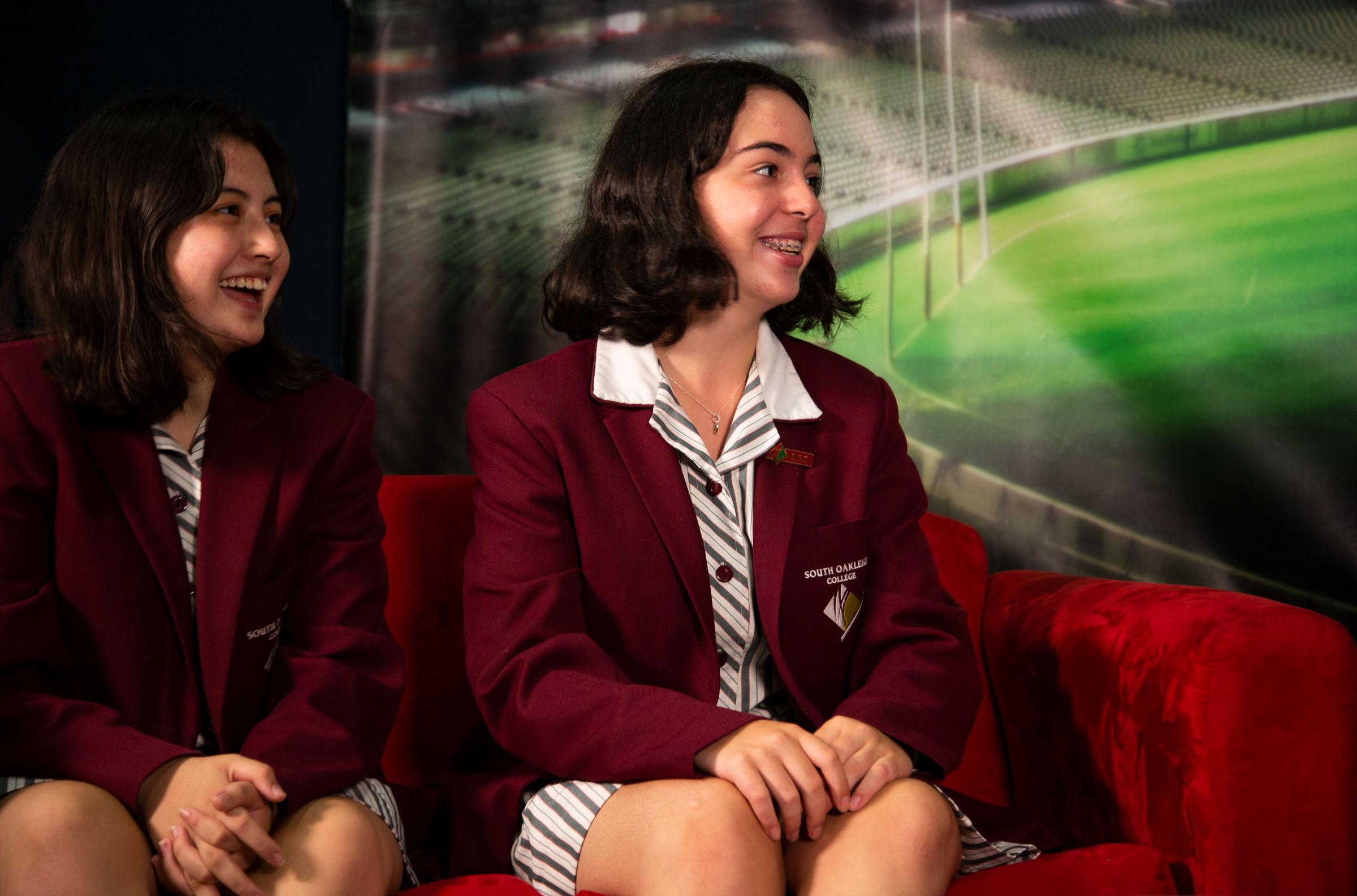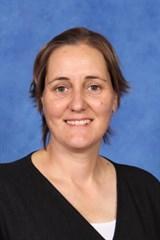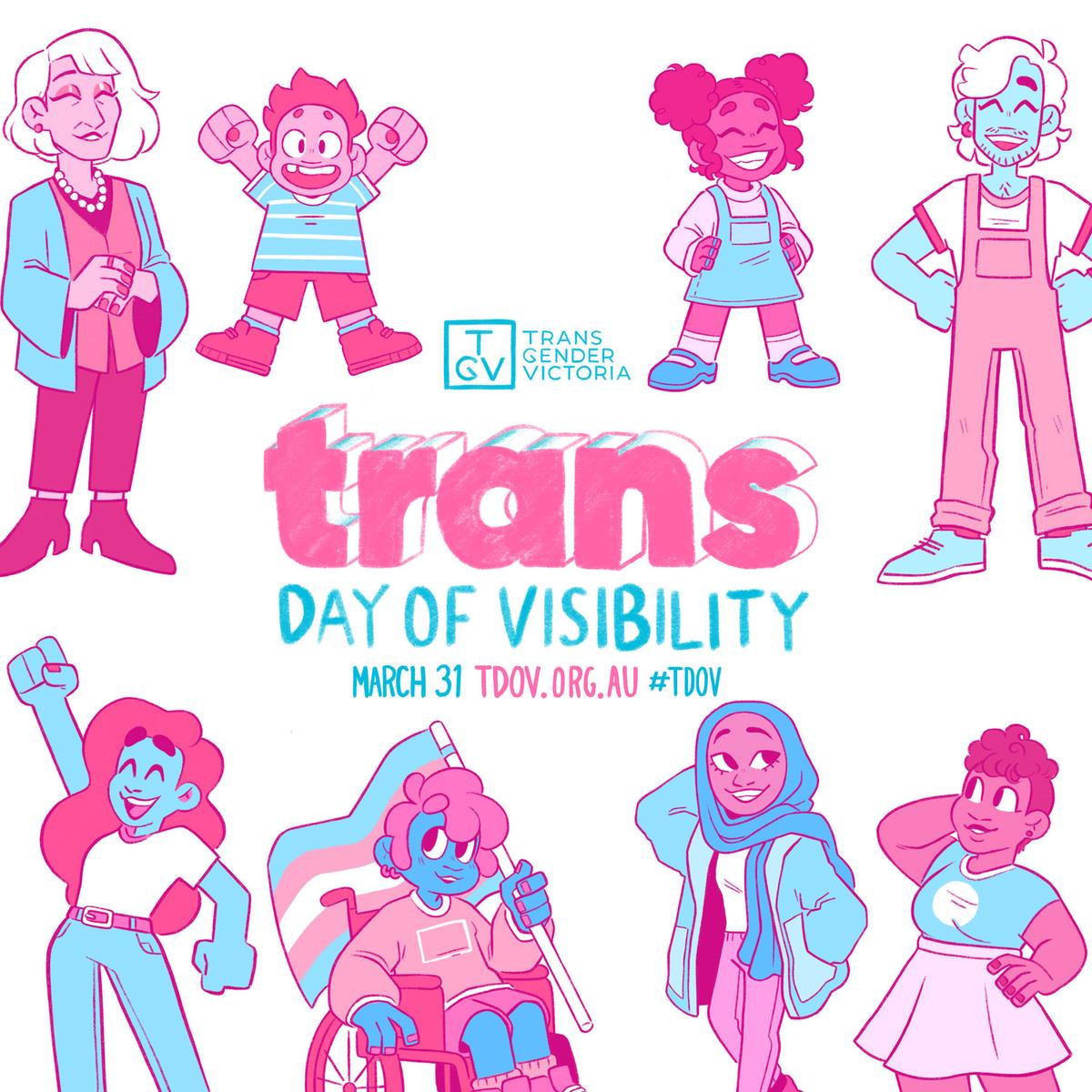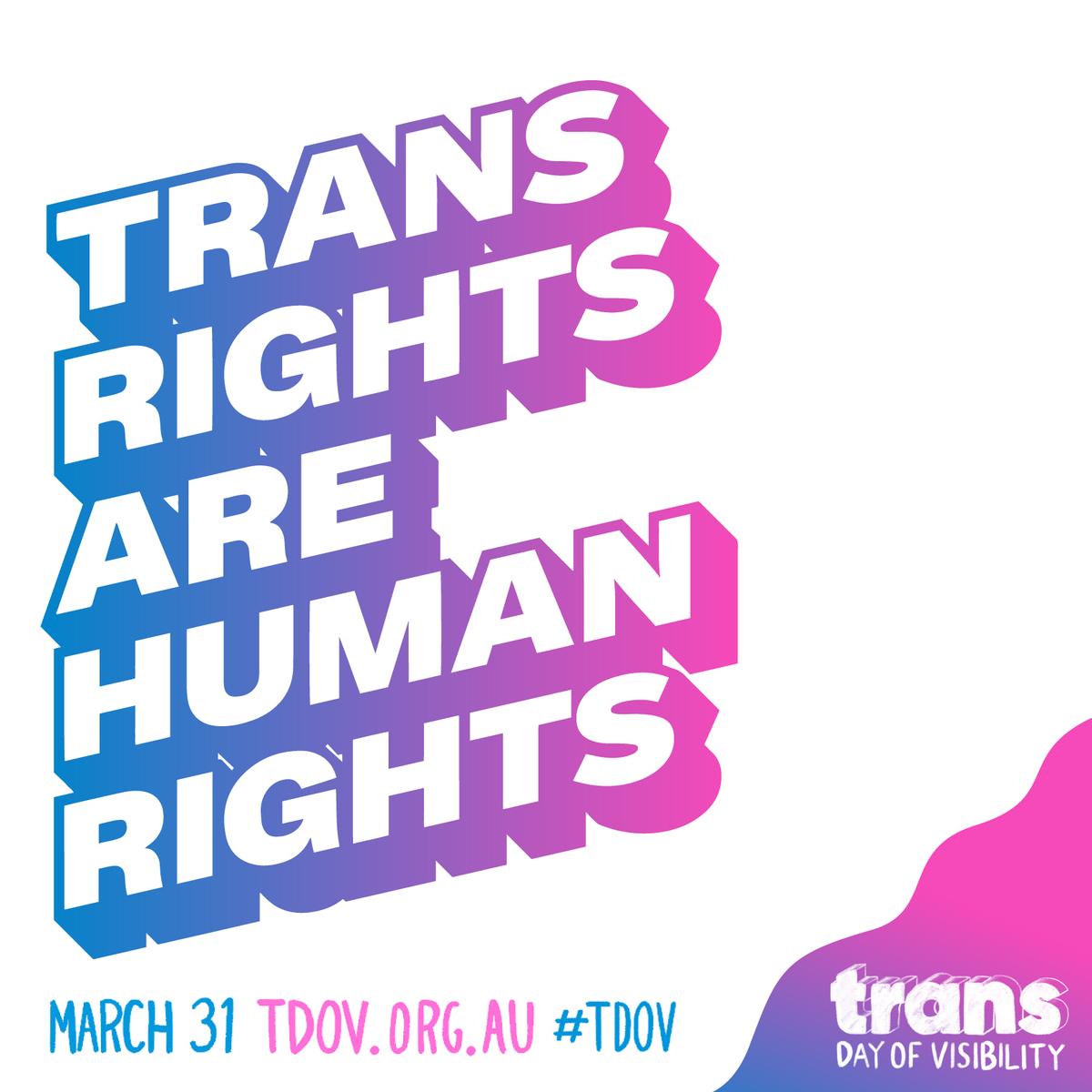Wellbeing

Student Wellbeing – Acceptance and Respect of Differences
South Oakleigh College is a diverse tapestry where each thread is a slightly different colour and texture, but are all equal in value. This creates the rich tapestry which is our school community. As a school community we want to ensure our school and our community are safe places for all students, regardless of their differences, and free from discrimination. To achieve this, we need to be willing to accept and respect each other’s differences. Every family unit has their own set of values, beliefs, cultures and customs. We don’t need to agree with each other’s values, beliefs, cultures and customs, but we do need to demonstrate acceptance and respect towards one another regardless of our individual thoughts and opinions.
It is vital that we model positive behaviour within our school community, especially for our young people who look to us for guidance and support. Judgement is a learnt behaviour and stems from a lack of understanding, empathy and compassion for others. Judgements are formed through personal experience and individual upbringing, and can increase levels of stress, anxiety, and feelings of depression when placed on others. We need to ensure that our behaviour is free from judgement and that we are teaching and guiding our young people to develop a strong sense of self and empathy towards others. This helps young people to learn how to recognise and process their feelings about others’ differences and respond in a positive way. When young people are secure in themselves, they are not threatened by other people’s differences and are less likely to engage in bullying or negative behaviours.
At South Oakleigh College we aim to create a positive school climate and culture where bullying and discrimination are not accepted or tolerated. We can do this by helping our young people to recognise, respond to, and report any bullying or discriminatory behaviour. This will help to promote the values of South Oakleigh College - High Expectations, Respect, Responsibility, Resilience and Teamwork, and to create a more inclusive school environment which benefits everyone in our community.
Martine Potter
Mental Health Practitioner
The Big Sister Experience – Year 9 Incursion
On 21 Feb, all Year 9 girls were involved in the full-day workshop run by the Big Sister Experience. This program was funded by City of Monash - School Focused Youth Services and aims to inspire girls to become the confident, resilient and empowered women of tomorrow. The topics explored on the day included:
- Self-love, consent and boundaries
- Mental Health and anxiety
- Body image
- Social circles
- Social media
For more information on the Big Sister Experience program please visit https://bigsisterexp.com/
SOC Wellbeing Team
The Big Sister Experience explored our sisterhood between us girls- ‘Girls support girls’. This sense of trust was shown first and foremost with the relationship between the two facilitators, demonstrating the trust you can place on people you support. Two lovely girls that were determined to make our womanhood an accepting place for girls. They shared their stories, and we shared ours. Trust was one of the many things explored in this workshop, trusting girls to help and support other girls. We learnt life lessons from accepting our body, to friendship groups and relationships. I would recommend this program to all young girls and encourage them to explore in spaces with girls they can trust.
Ana Donnellon
Year 9 Student
My experience with the Big Sister workshop was overall positive! Initially I, along with a few of my friends, were a bit nervous and unsure of what to do at the start, but as the day progressed, I think we felt more confident. I enjoyed the activities that we did, one of the activities helped me meet a new person, and we’ve kept in touch since the workshop. The Big Sister workshop focused on self-love, boundaries, anxiety, mental health, body image, friendships/relationships and social media. They gave us tips on what to do if we felt anxiety creeping up on us, and how to communicate our boundaries, improve and recognise good relationships and we all contributed to what you could do to improve our mental health and have a positive body image. Altogether I think this was an excellent workshop, it helped everyone learn to open up and I really hope all the year 9 girls took something away from it!
Isavella Dimopoulos
Year 9 Student
Talking about Alcohol and other Drugs
Most parents and carers will sit their child down for ‘the talk’ about the birds and the bees. It’s not easy, but it is important that you give your child the knowledge to make a good decision. Talking about alcohol and other drugs with your child – ‘the other talk’ – is important for the same reasons. Research shows that young people view their parents as credible sources of information, and that parental beliefs and behaviour affect those of their child.
There is no set formula for having the other talk, but the following guidance might make it easier.
Get the facts: Use evidence-based sources like the ones listed below to inform yourself, and give your child the most accurate information.
Look for opportunities to start the conversation: Use relevant topics on the TV and radio, or an upcoming party, as an opportunity to talk about alcohol and drugs. Try to have the conversation in a quiet and comfortable environment.
Make sure they understand the harms: Make sure your child has the right information about alcohol and drugs and correct any myths. It’s about a deeper discussion than ‘just say no’.
Set rules and consequences: Explain your views on alcohol and other drugs and use the facts to back them up. For example, the Australian alcohol guidelines state that the safest option for children and young people under 18 is not to drink. Let your child know your rules, and the consequences for breaking them. Help them develop ways of getting out of peer-pressured situations.
If you are worried about your child, or you’d just like to start a conversation with them about alcohol and other drugs, there are some resources that can help:
- Positive Choices https://positivechoices.org.au/
- Alcohol and Drug Foundation https://adf.org.au/drug-facts/
- Better Health Channel https://www.betterhealth.vic.gov.au/health/healthyliving/alcohol-teenagers
- Your GP (doctor) or local Headspace centre.
- SOC Wellbeing Team
The above information has been sourced from Alcohol and Drug Foundation and is available at https://adf.org.au
Penny Hsiao
Health Promotion Nurse
31 Mar 2022 Trans Day of Visibility
International Transgender Day of Visibility, also referred as Trans Day of Visibility, is a day of pride and celebration for gender diverse identity, achievements, and community. It started in 2009 as a reaction to the lack of recognition of trans people.
Local and international research shows us that positive and inclusive school environments lead to improved academic results, increased confidence and better attendance at school.
Some sexuality or gender diverse young people find it difficult to ask for help. If you or someone you know are finding it hard to cope and your/their social or school life are being affected, it’s time to ask for help. This might be a family doctor (GP), a counsellor or a school wellbeing staff. There are also quite a few online resources and youth support groups available locally.
For more information please visit: https://transcend.org.au https://zbgc.org.au/
Penny Hsiao
Health Promotion Nurse







